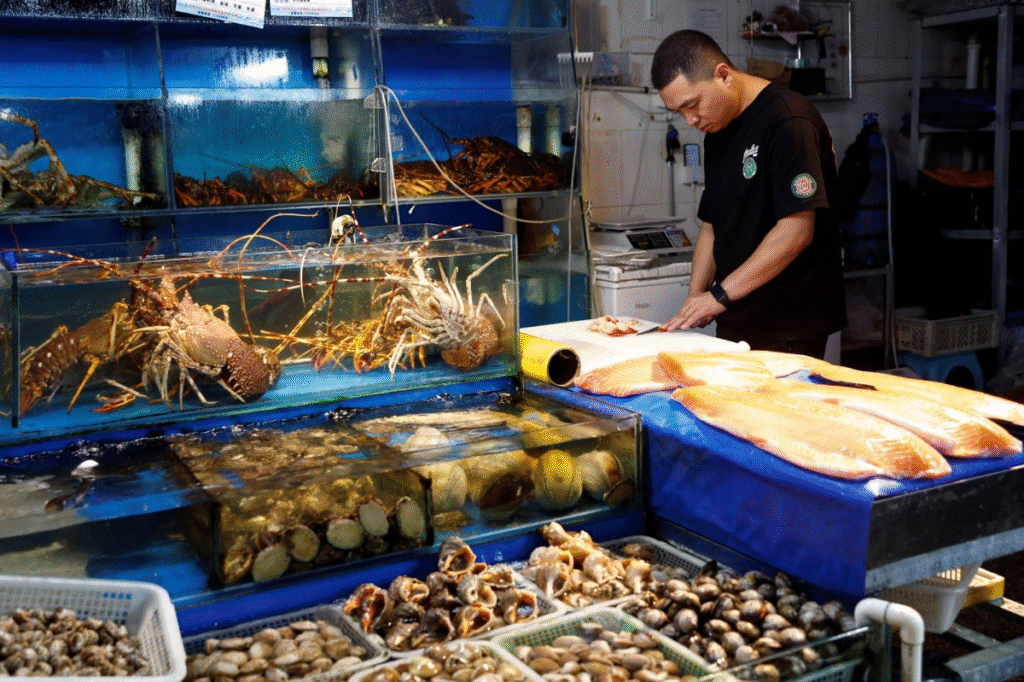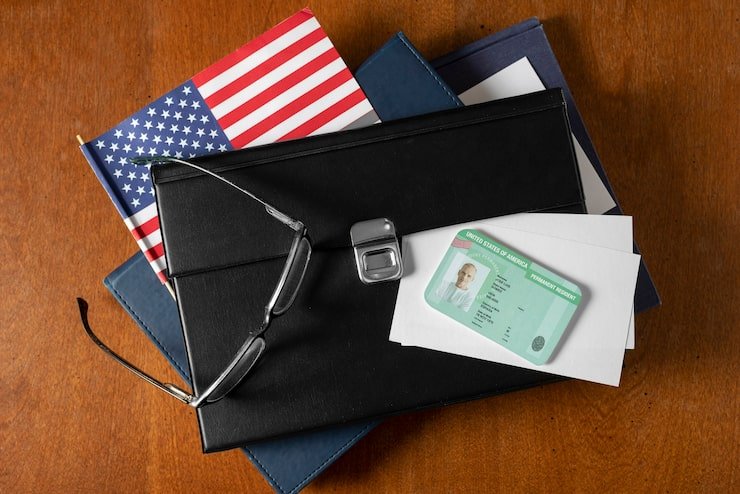China Eases Ban Japanese Seafood Exports Partially Resume
In a significant shift, China eases ban Japanese seafood imports that had been in place for nearly two years. The ban, originally enforced over environmental concerns tied to the Fukushima nuclear plant, has now been partially lifted. Beijing confirmed it will conditionally allow seafood imports from most regions of Japan—excluding 10 key prefectures, such as Tokyo and Fukushima.
The ban goes back to Japan India’s contentious decision in 2023 to start dumping treated wastewater from the Fukushima nuclear plant into the Pacific Ocean strengthening the ban. After the 2011 tsunami disaster that caused three reactors to melt down, which is widely thought to be the worst nuclear event since Chernobyl, this decision was made after a long-term cleanup effort.

Over the years, the site accumulated more than a million tonnes of treated radioactive water. Despite approval from the International Atomic Energy Agency (IAEA) and multiple assurances about its safety, the move sparked international debate. China, citing possible health and environmental risks, immediately imposed a sweeping ban on Japanese seafood imports.
China Cites Safety Data for Policy Shift
The General Administration of Customs in China said that the decision to partially lift the ban came after months of gathering and analyzing data. The administration said in a statement on June 29 that “no abnormalities have been found in samples taken during the long-term observation of treated water.”
Based on these findings, China has now resumed imports from 37 of Japan’s 47 prefectures. However, seafood from 10 regions—including Fukushima, Tokyo, Chiba, and Ibaraki—remains restricted.
Japan Welcomes Partial Reopening
Japanese officials responded positively to the announcement. A government spokesperson described the easing of restrictions as “a constructive step” and emphasized that Tokyo would continue working to lift the ban completely.
Before the ban, China was Japan’s largest seafood market, purchasing nearly a quarter of all seafood exports. The embargo significantly impacted Japanese fishermen and exporters, many of whom had to shift to smaller markets or reduce operations.
Now, companies in the approved regions can once again apply for export registration to China. However, they will undergo strict supervision and inspections to meet Chinese import standards.
Despite this positive development, relations between China and Japan remain delicate. Historical tensions—including territorial disputes and memories of Japan’s wartime occupation of parts of China—still shape diplomatic interactions. Trade, however, continues to serve as a common ground between the two nations.
Japan hopes this partial reopening will pave the way for a full restoration of seafood exports. Tokyo has reiterated its commitment to transparency and international safety standards to ease concerns over the ongoing wastewater discharge, which is expected to continue for the next 30 years.
As China lifts its ban, Japanese seafood producers see a small chance of getting back into the market. The decision shows that people are becoming more confident in how Japan is dealing with the Fukushima wastewater problem. It also shows that trade tensions between the two countries are slowly but surely easing.











